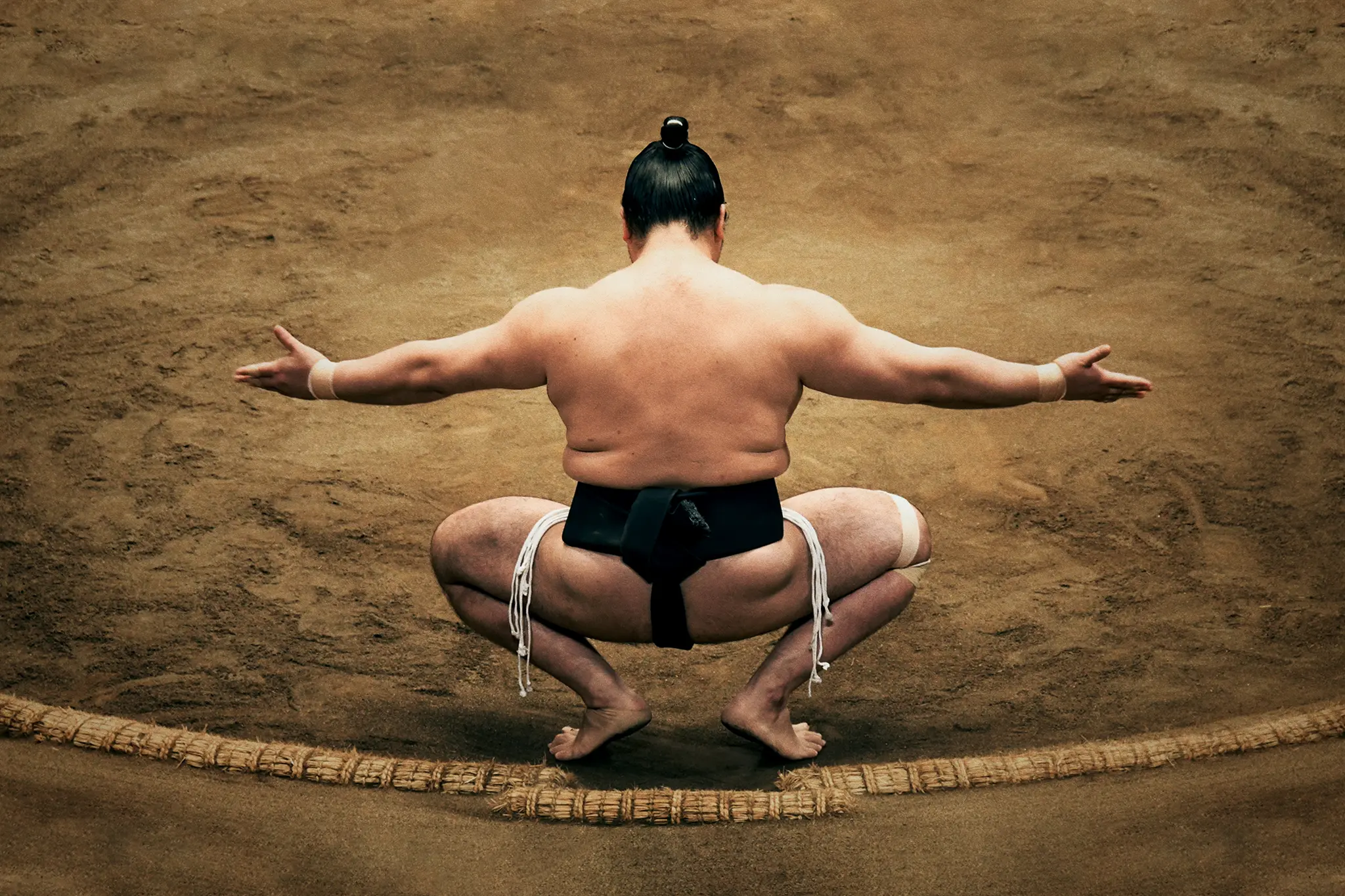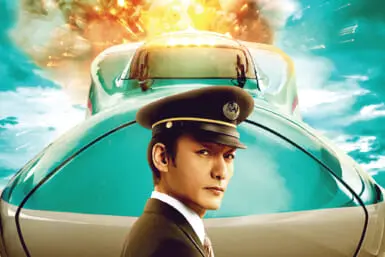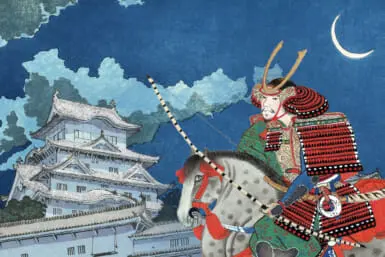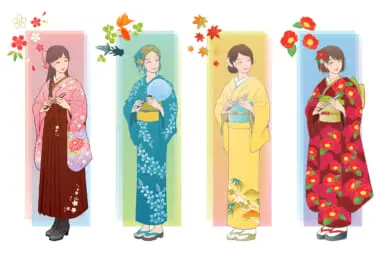Netflix’s Sanctuary is a rare thing in Japanese entertainment: a fictional story about sumo. There’s a reason why we don’t see many of those, and it’s because sumo isn’t just a sport. Its origins go back to prehistoric religious dances, and even today, sumo referees act as Shinto priests when they consecrate the ring before tournaments. That’s what the title of the drama show alludes to: that the dohyo sumo ring is a sacred sanctuary and that sumo itself is partly a religious ceremony.
Sumo, however, is also a world full of scandals, and as such, it would be hard to build a gripping, hard-hitting narrative about real sumo that wouldn’t feel like an attack on Japanese wrestling. So instead, Sanctuary praises sumo at every turn, does no deep dives into it, and overlooks its many real problems.
The Show’s Voice of Reason is an Annoying Outsider Who Must Learn Her Lesson
Because sumo is so closely associated with Shintoism, women are strictly barred from it (a rule that also applies to some Japanese sacred mountains and shrines). In 2018, when Ryozo Tatami, the mayor of Maizuru in Kyoto Prefecture, collapsed in the sumo ring, several women tending to him were actually told to get off the sacred dohyo. There have also been a few instances of female governors and other officials being stopped from presenting trophies to winners of tournaments. Objections to these rules are raised on the show by newbie sumo reporter Asuka Kunishima (Shioli Kutsuna), who also wants to talk about bullying at sumo stables, fixing matches and other issues with the religious sport. The show very unsubtly presents Kunishima as a nuisance who needs to shut up.
Senior sumo reporter Tokitsu (Tomorowo Taguchi) defends Kunishima’s “ignorance” by explaining that she was raised in America. There is just something deeply problematic about handwaving away valid criticisms of sumo by having them delivered by a character deemed “not Japanese enough to get it.” It gets worse as Kunishima “grows up,” falls in love with sumo, warts and all, and becomes the number one fan of the show’s protagonist: sumo’s rising star and problem child Enno (Wataru Ichinose).
According to Sanctuary, Sumo is Perfect Because It’s Sumo
On the show, Enno is an ex-delinquent and judo champion who enters the world of sumo without showing much respect for it. He refuses to bow to the ring like all the other wrestlers, does not practice the fundamentals, and acts more like a pro wrestler than a sumo. His entire arc is about him getting “cleansed” by sumo and becoming a great wrestler. And that, on paper, is not a bad story. A cocky character redeeming himself and learning humility by dedicating himself to a sport may not be the most original plot out there, but there is enough there for an entertaining TV show. Except that throughout Enno’s journey, Sanctuary keeps missing the mark by not going into any details about sumo for the edification of casual viewers. Because why should it? According to the drama, the sport is perfect and blessed by the gods, so the details don’t matter and we should all just sit quietly and bask in its majesty.
A good example of that is the shiko. It’s one of the most fundamental training methods in sumo when wrestlers raise their legs to the side and bring them down with a stomp. Sanctuary goes on and on about how it’s the foundation of sumo, but does not provide additional details. It clearly helps build balance and stronger legs but what benefits does it offer compared to, say, squats? The show does not say but assures us that because it’s part of traditional sumo, it’s good and great — no more questions. Basically, the show is a love letter to sumo in the worst way possible, ignoring its problems, not caring about the details, just loving it no matter what.
Still a Very Engaging Story
For all its faults, Sanctuary does at least have interesting characters. Although Enno’s sumo journey isn’t very deep, he has a solid backstory that perfectly explains his anger and rebellious nature. Most of the main-cast wrestlers are written this way, especially Shizuuchi, played by real former sumo Hiroki Sumi, who never utters a single word on the show but comes off as vulnerable, dedicated, broken and terrifying, all thanks to good, non-sumo-related writing. The show also has plenty of blood, dirt and a character getting hit so hard during a sumo match that his ear gets ripped off. The series isn’t exactly an objective look at a fascinating part of Japanese culture, but it still has something to offer audiences.
Sanctuary is ultimately a show for people who are new to sumo and just want a bunch of interesting, sometimes touching, sometimes disturbing stories that are set in that world but which are not bogged down by technical details.









